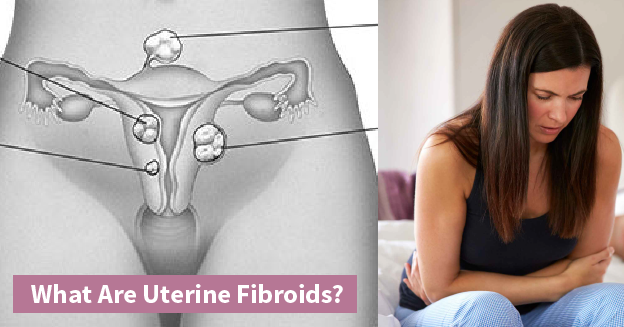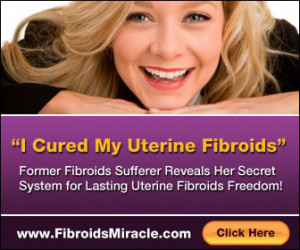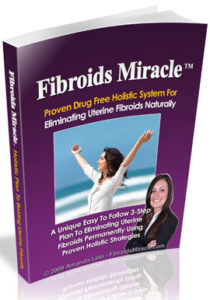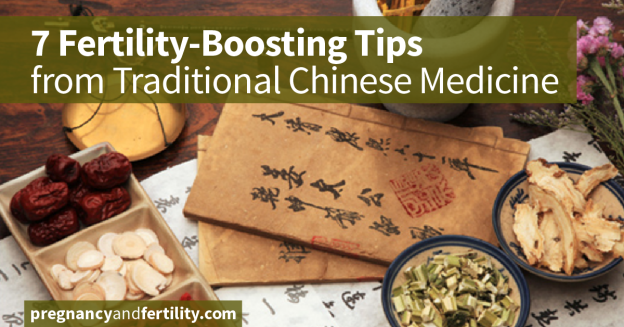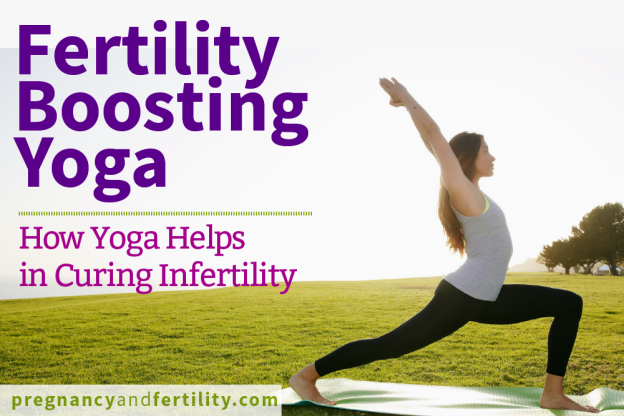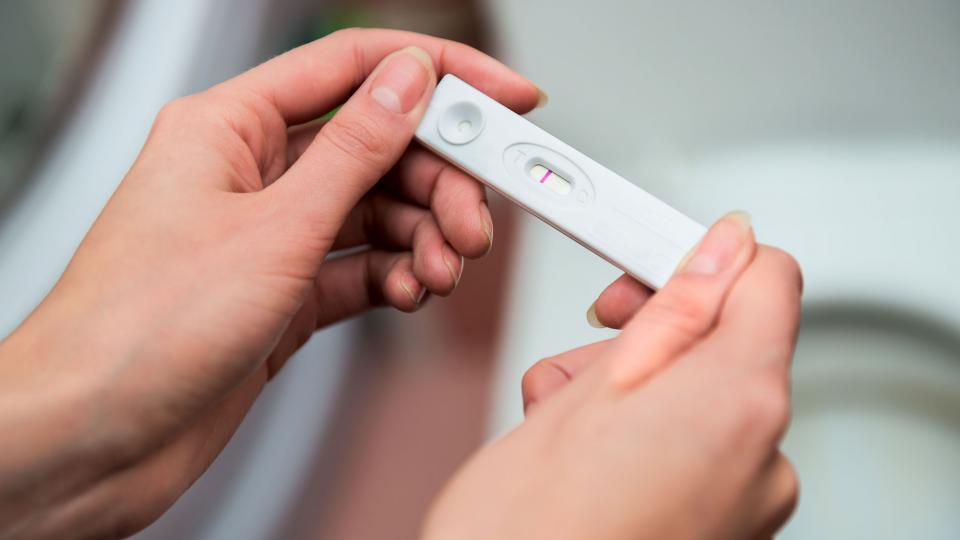Uterine fibroids are a common health concern among a major population of women.
Uterine fibroids are benign, non cancerous tumours that originate within the uterus.
They are also called fibroid tumors, leiomyomas, or myomas.
They are made of the same muscle tissues as the uterus, though they tend to be hardened.
This is possibly because uterine fibroids contain higher levels of estrogen than the surrounding uterine tissues.
Some uterine fibroids may be so small that they can’t be felt even during an internal examination; some may be large enough to make a prominent bulge in your stomach.
The uterus is the perfect location for fibroids to thrive.
Firstly, the purpose of the uterus is to hold the fetus. This means, it has the perfect environment for a mass of cells to reproduce and cause a hardened growth.
Secondly, there is enough space for multiple fibroids to grow undetected.
Apart from these factors, hormonal fluctuations, the thick endometric walls and a good supply of menstrual blood, all together form a hospitable environment for the fibroids to develop and flourish.
There are various factors that contribute to the formation and subsequent growth of uterine fibroids.
For instance, the genetic construction in some women makes them more susceptible to fibroids than others.
Thankfully, genetic research shows that these constructions can be altered and thereby the condition can be overcome. Again, an unwholesome diet usually causes hormonal imbalances, which, in turn disturb the removal of toxic waste from the body.
Lack of nutrition usually lowers the body’s defenses and therefore makes one vulnerable to fibroids. When the immune system is weak, the body is unable to tackle problems of toxic accumulation and hormonal imbalance.
Prolonged exposure to toxins, through our food, our water and our air, leads to a toxic build up in the body.
This makes the body more vulnerable to fibroids.
Finally, insulin resistance is a stage where the cells in one’s body are less responsive to the insulin hormone thus resulting in abnormal blood sugar. These fluctuations in the blood sugar levels lead to uterine fibroids.
Uterine fibroids may be of various types, namely:
. The Subserous Fibroid-
This is the most common kind of fibroid. It develops on the outer walls of the uterus and tends to grow bigger and more painful during menstruation.
. The Submusocal Fibroid-
This kind of fibroid can be found very deep inside the uterus. Often, the only solution for relief from this type is surgery. It causes excessive bleeding (often leading to hemorrhage) and can cause a lot of pain.
. The Intramural Fibroid-
The intramural fibroid grows exactly on the walls of the uterus. It displays the characteristics and symptoms of both subserous and submusocal fibroids.
. The Pedunculated Fibroid-
These fibroids are attached to the uterine walls by a stalk like growth referred to as the peduncle. They don’t usually display any symptoms, but can be felt during internal examinations.
Women with uterine fibroids exhibit several symptoms.
Some of these are, excessive menstrual flow, excruciating cramps accompanied with fever and nausea, bloating, pain during intercourse and severe abdominal pressure.
Uterine fibroids tend to cause several problems to the sufferers such as urinary problems, pregnancy and fertility related problems and even depression due to hormonal imbalances.
Now that you know all about uterine fibroids, it is important to know that there is a cure.
A wise and healthy way of dealing with this condition is to approach it in a holistic manner. Holistic treatments examine your body as a whole and heals the condition using a multi-dimensional approach in a safe and natural way.
Holistic treatments aim at building a strong immune system, and also enhance your mental and spiritual strength, to equip your body to cure itself of the disease.
Thus, say, by combining a healthy diet with exercise and meditation, you can strengthen your mind and body, eliminate the existing fibroids and permanently prevent further fibroids from developing.
Holistic treatment not only provides a complete relief from the condition but also permanently keeps further fibroids from developing.
This article is based on the book, “Fibroids Miracle” by Amanda Leto.
Amanda is an author, researcher, nutritionist and health consultant who dedicated her life to creating the ultimate Fibroids solution guaranteed to permanently reverse the root of uterine fibroids, naturally enhance your fertility and dramatically improve the overall quality of your life, without the use prescription medication and without any surgical procedures. Learn more by visiting her website:

